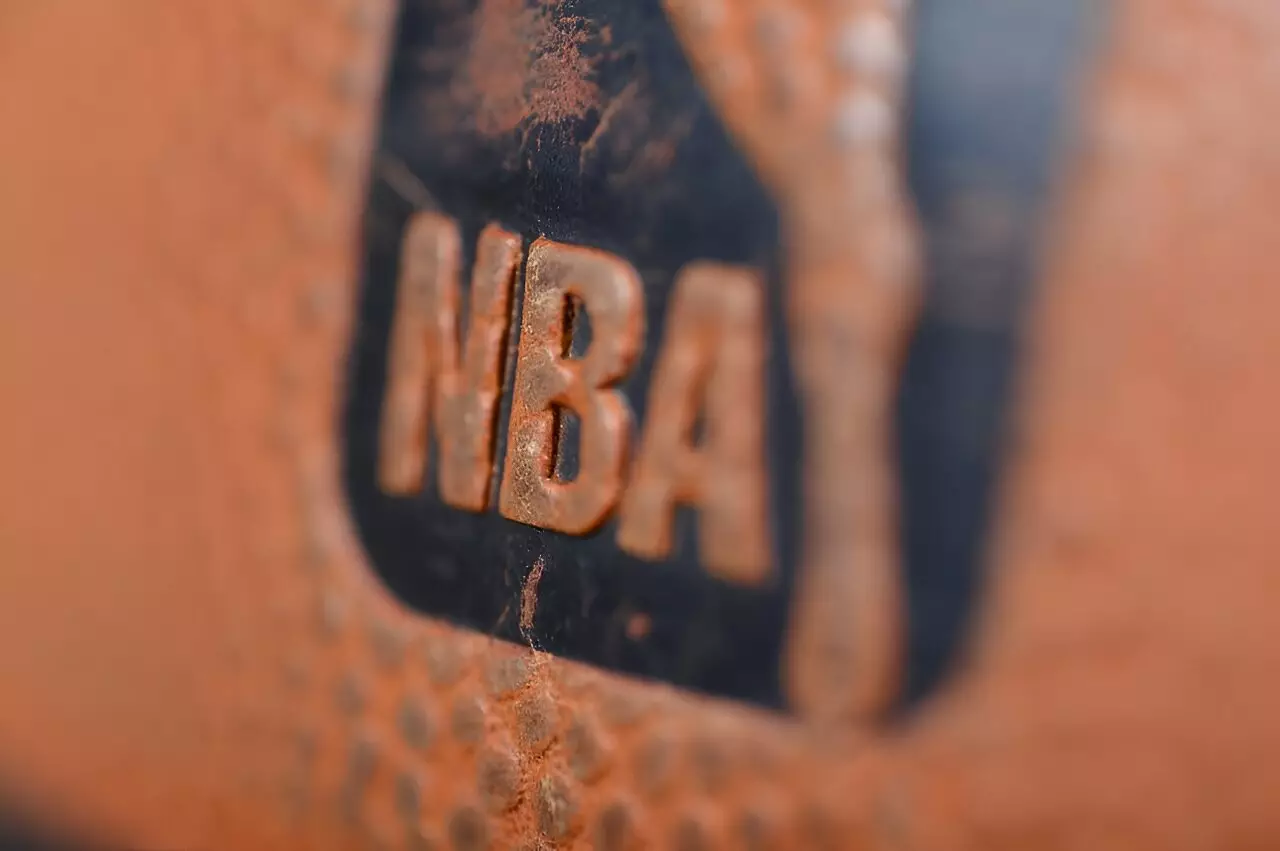Warner Brothers Discovery initiated a legal battle against the NBA by filing a lawsuit in the New York Supreme Court. The heart of the issue lies in the NBA’s decision to reject a new media rights deal proposed by Warner Brothers Discovery in favor of an offer from Amazon. This move sparked controversy and led to a series of accusations and counterarguments between the two parties involved.
The NBA justified its rejection of Warner Brothers Discovery’s offer by stating that the terms did not align with the more attractive offer put forth by Amazon. This decision marked the end of a longstanding relationship between the NBA and Warner Brothers Discovery in terms of US telecasts that had been established since 1984. The NBA’s newly signed 11-year rights deals with The Walt Disney Company, NBCUniversal, and Amazon Prime Video added fuel to the fire and intensified the ongoing dispute.
In response to the NBA’s decision, Warner Brothers Discovery took legal action to enforce its rights, emphasizing the importance of offering fans the choice and flexibility to access NBA content through their extensive distribution platforms. The company expressed disappointment with the NBA’s rejection of their matching third-party offer, emphasizing that it was not only a contractual right but also in the best interest of the fans.
Former NBA star Charles Barkley, known for his role as a host on TNT’s “Inside the NBA” analysis show, weighed in on the situation by condemning the NBA’s prioritization of money over loyalty. Barkley expressed his belief that the NBA had been inclined to sever ties with TNT from the beginning, highlighting the influence of tech companies like Amazon in shaping the future of media rights deals. Despite TNT’s efforts to match the financial aspects of the deal, Barkley suggested that the NBA favored securing agreements with entities that were willing to invest significantly in the long term.
As the legal battle unravels and tensions escalate between Warner Brothers Discovery and the NBA, the core issues of loyalty, financial interests, and fan engagement come to the forefront. The outcome of this dispute will not only impact the media rights landscape within the realm of professional basketball but also shed light on the evolving dynamics between traditional broadcasters and tech giants. As stakeholders navigate the complexities of the situation, the significance of honoring contractual agreements while adapting to the changing media landscape remains a critical point of discussion.


Leave a Reply